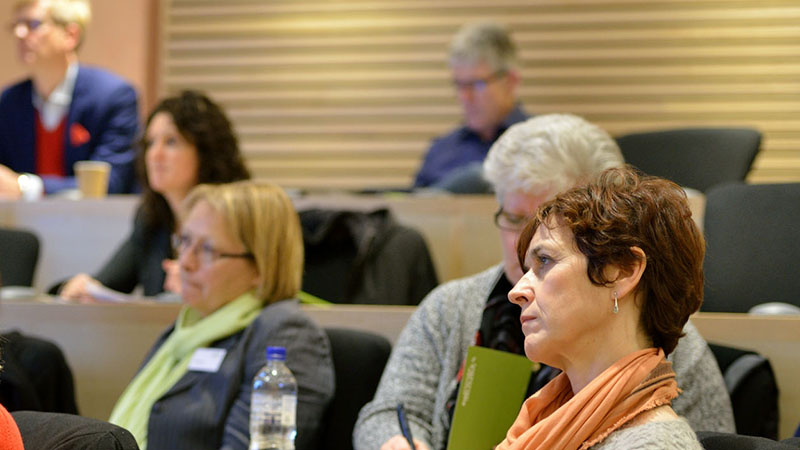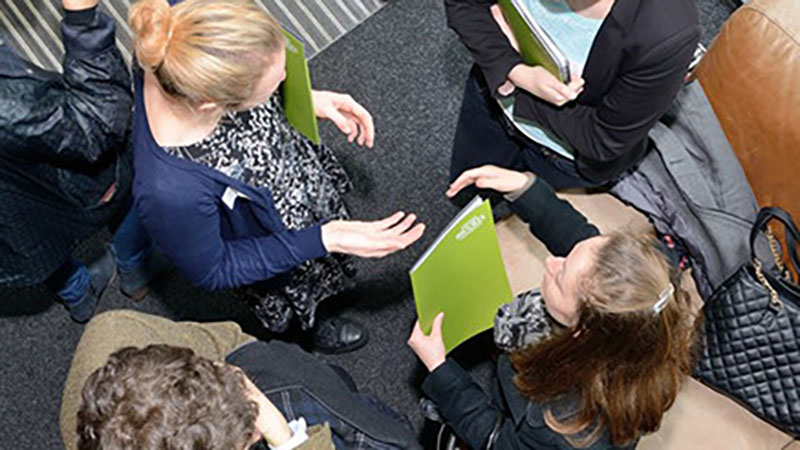Mapping Mentoring in the Creative Industries
We are delighted to announce the launch of our cross research centre study, with the Creative Industries Research and Innovation Network and ICCAMS (CIRIN). Our project involves developing an understanding of mentoring in the Creative industries. We are partnering with Creative UK. If you would like to get involved please click here >>
Contact the team: creativeindsmentoringmap@brookes.ac.uk
Evaluating a Coaching and Mentoring Programme: Challenges and Solutions - Tatiana Bachkirova, Linet Arthur and Emma Reading
This study aimed to develop appropriate measures and evaluate the long-term coaching programme run by London Deanery. The results of quantitative and qualitative analysis showed improvement in all chosen scales with a claim that coaching was a major contributor to these changes. The authors argued for a methodological approach to outcome research on coaching programmes that is aligned with the main principles and philosophy of coaching as a practice. The article is published in the International Coaching Psychology Review.
Coaching in Higher Education: The Impact on People-Oriented Leadership Development - Ioanna Iordanou
In this longitudinal research project, Ioanna explored the educational role of coaching in the formative training of managers and leaders in the Business School. Coaching, as a developmental management and leadership tool, has been eschewed by undergraduate Business Education in the UK. This study looks at how incorporating the study and practice of coaching in undergraduate Business School curricula can contribute towards the development of more people-oriented and, by extension, socially responsible managers and leaders.
Mentoring as Developmental Networks across Borders – Judie Gannon
This topic is based upon Judie’s doctoral studies and explores the role of formal and informal mentoring and other developmental relationships in the socialisation of expatriates, inpatriates and local managers.








